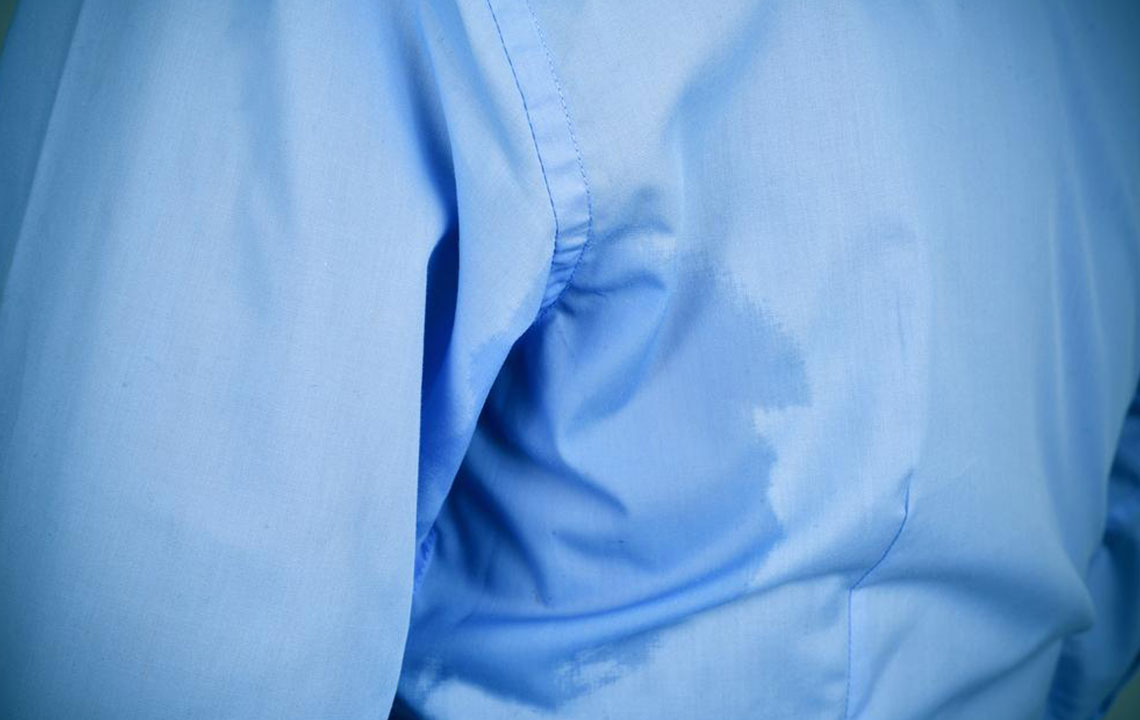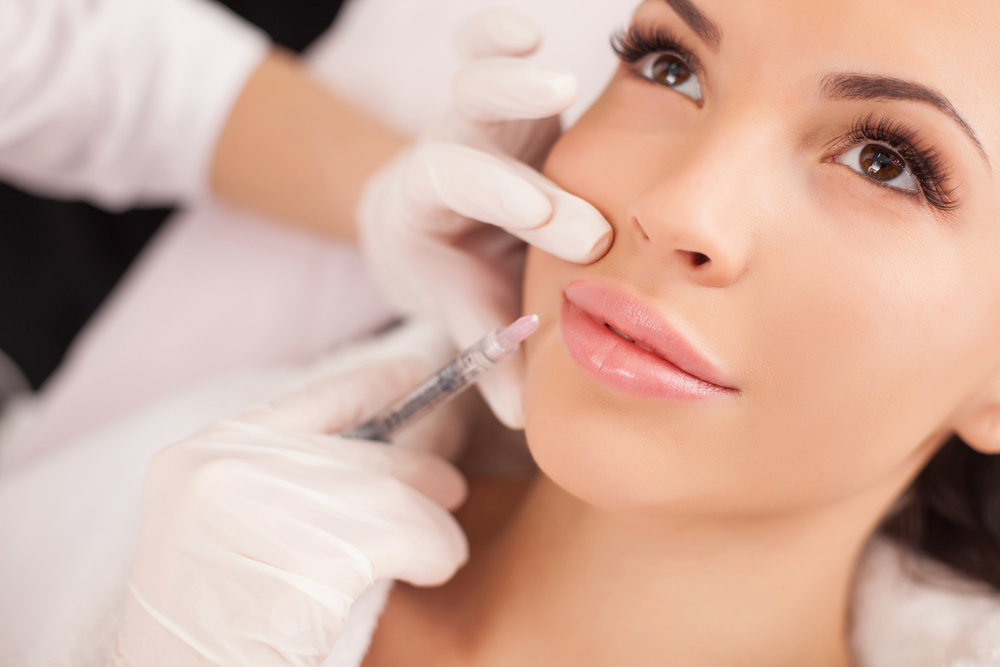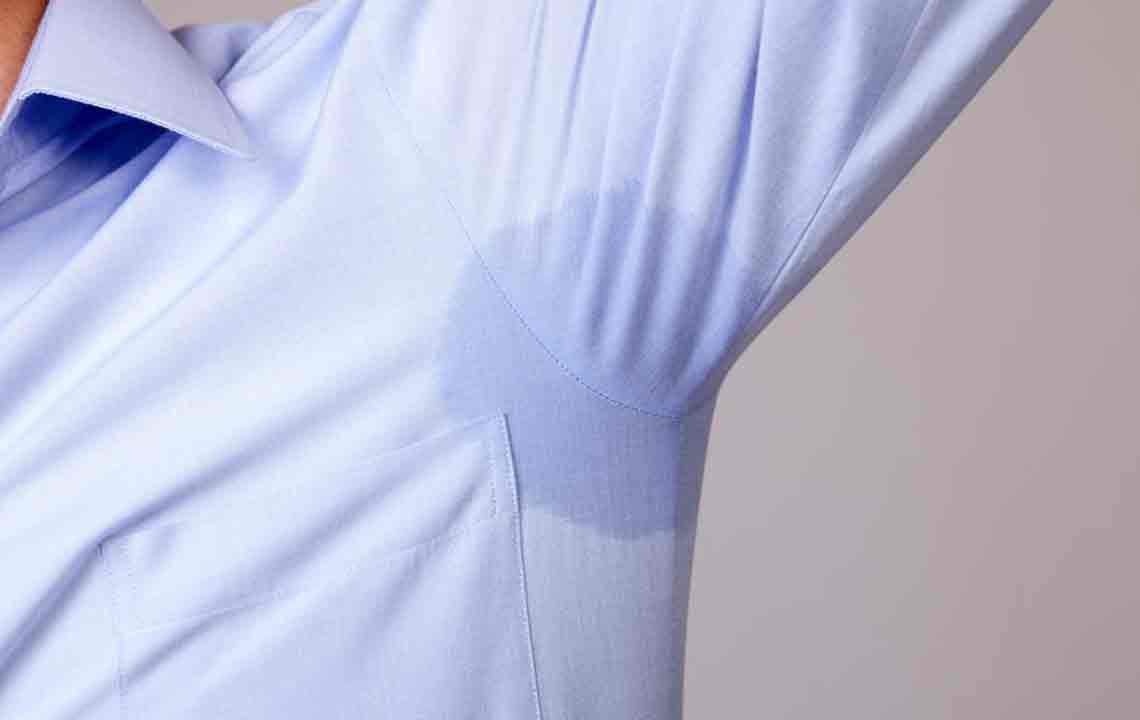Comprehensive Guide to Effectively Managing Body Odor
Discover comprehensive strategies for managing body odor, from daily hygiene routines to advanced medical treatments. Learn how to control excessive sweating and eliminate unpleasant smells effectively. Maintain freshness and boost confidence with expert-approved tips and procedures tailored for different severity levels of hyperhidrosis.

Comprehensive Strategies for Successfully Managing Body Odor
Body odor is a common concern that can affect confidence and social interactions. Understanding its causes and exploring effective management techniques are essential for maintaining freshness and personal hygiene. Excessive sweating, known medically as hyperhidrosis, impacts many individuals worldwide and manifests in various forms. This guide delves into the types of hyperhidrosis, causes of body odor, and a wide range of strategies—from simple daily routines to advanced medical treatments—that can help control and eliminate unpleasant odors, ensuring you feel fresh and confident throughout the day.
Body odor predominantly originates from sweat produced in areas such as the armpits, groin, thighs, and feet. These regions are more susceptible to odor because bacteria naturally present on the skin break down sweat proteins, releasing foul-smelling compounds. Importantly, sweat itself is odorless; it’s the bacteria that digest these proteins and produce bad smells, which explains why maintaining hygiene is critical in managing odor.
Effective management involves a combination of personal hygiene practices and medical interventions. Regular cleansing using antibacterial soaps, especially in sweat-prone areas, significantly reduces bacterial populations. Additionally, using products that contain mild antibacterial agents can inhibit bacterial growth and reduce odor formation. Daily application of deodorants and antiperspirants forms a crucial part of routine hygiene. While deodorants mask odor, antiperspirants block sweat glands temporarily, reducing both sweat production and odor associated with it.
For individuals suffering from severe hyperhidrosis or persistent body odors that do not respond to conventional measures, advanced treatments are available. These include non-invasive procedures like Iontophoresis and Botox injections, as well as laser and microwave therapies. Iontophoresis employs a gentle electrical current passed through water to diminish sweat gland activity temporarily, offering relief from excessive sweating. Botox works by blocking nerve signals responsible for stimulating sweat glands, thus significantly reducing sweat output. In extreme cases, surgical options such as nerve severance or removal of sweat glands may be considered, typically performed under local anesthesia with some recovery time. These procedures are highly effective but should be carried out under professional medical guidance.
}




